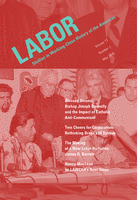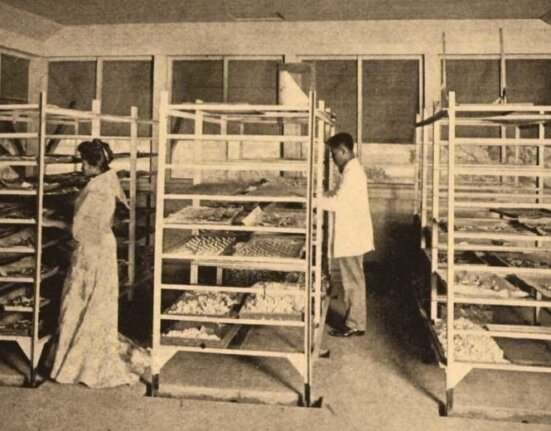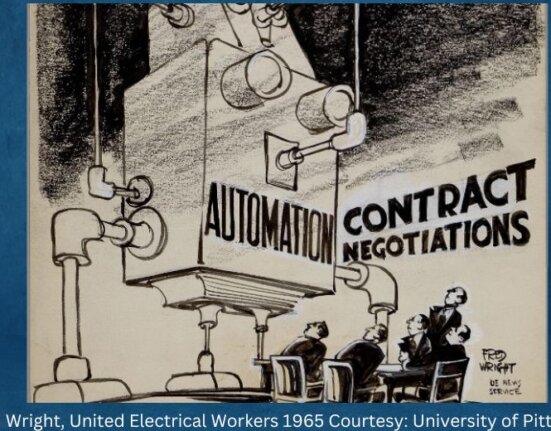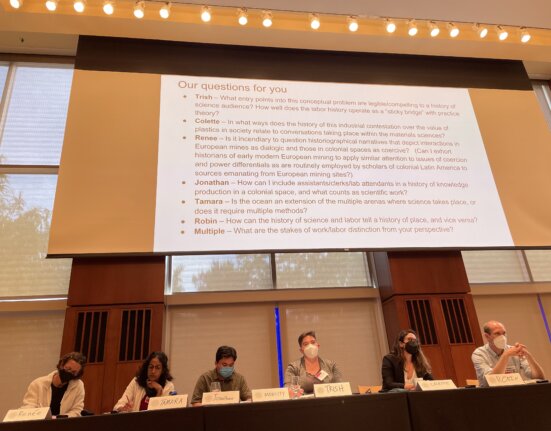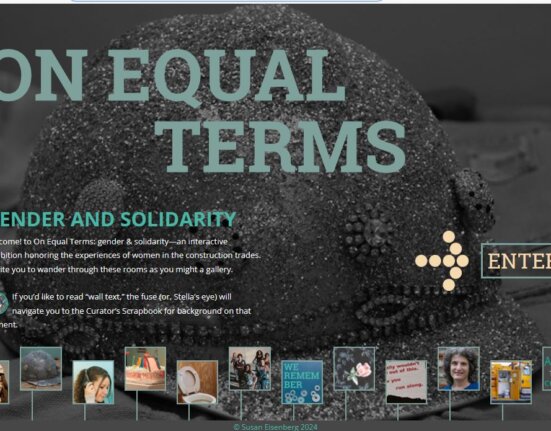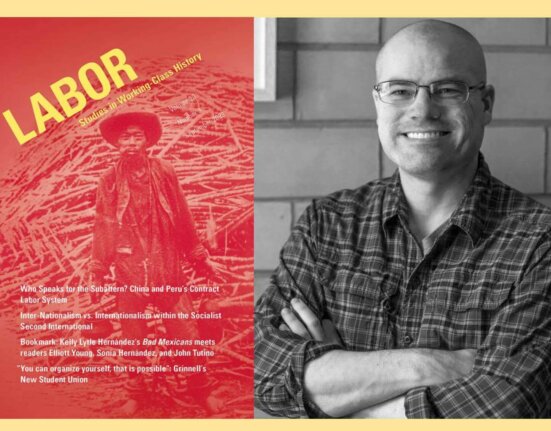In This Issue
The Common Verse
- Sarah Cortez, “Uniform Change-Out“
LAWCHA Watch
- Nancy MacLean, “President’s Perspective: Looking Ahead from Washington, DC“
Articles
- Fernando Teixeira da Silva and Larissa Rosa Corrêa,”The Politics of Justice: Rethinking Brazil’s Corporatist Labor Movement”
This article analyzes the role of collective bargaining in the Brazilian labor courts in two very different political settings: the democratic era preceding the 1964 coup and the initial period of the military dictatorship, from 1964 to 1968. The study is based on a quantitative and qualitative analysis of collective grievance procedures handled by the Regional Labor Council of São Paulo State. While observing the performance of the labor courts in regard to labor relations, it focuses primarily on three issues: compulsory arbitration, the right to strike, and wage increases. It seeks to reexamine the role of the labor courts in the broader context of Brazilian corporatism and its relations with the labor movement, against the backdrop of a critique of the binary opposition between corporatist and contractualist models of regulating labor relations. In this study, labor judges are viewed as important social actors because their decisions and political and ideological positions were crucial in the enforcement of labor laws.
- Ronald W. Schatz, ““I Know My Way Around a Little Bit”: Bishop Joseph Donnelly and American Labor, 1941–1977”
In recent years labor historians have written extensively on how members of the clergy have assisted or impeded the organization of unions. However, they have largely overlooked the role of the clergy as mediators. This article discusses Bishop Joseph Donnelly, who directed the Diocesan Labor Institute of Connecticut in the 1940s and 1950s and chaired the Bishops’ Ad Hoc Committee on Farm Labor in California in the early 1970s. Rev. Donnelly not only helped strengthen conservative forces in Connecticut unions and mediated disputes between unions and employers in Hartford for two decades but played a crucial role in helping the United Farm Workers win its contracts with grape owners in California. Nonetheless, Bishop Donnelly was never able to reach his ultimate objective—forging genuine respect and cooperation among rank-and-file workers, union leaders, and employers.
Interview
- Kathleen Mapes and Randi Storch, “The Making and Remaking of a Labor Historian: Interview with James R. Barrett”
On the eve of his 2014 retirement from the University of Illinois, a group of James R. Barrett’s former students gathered to interview him at his home in Champaign, Illinois. Jim’s career illuminates the trajectory of the field of labor and working-class history. The interview’s questions and Barrett’s responses document his contribution to the field and suggest new directions that may lie ahead.


